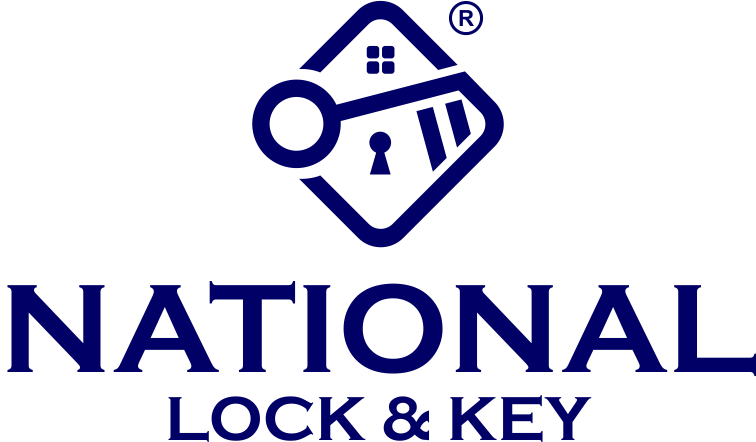Is It Safe to Use an Electronic Door Lock?
Not every electronic door lock is built similarly, although many operate based on the same general system.
Electronic door lock technology is changing how people enter their homes. With multiple versions using Bluetooth, Wi-Fi, and fingerprint systems, many might think the classic lock and key will become obsolete. However, one must consider many factors before transitioning to electronic alternatives.
Let's review how safe it is to use an electronic door lock.
How an electronic door lock works
It's important to know how the internal mechanisms of electronic door locks work. However, not every electronic door lock is built similarly, although many operate based on the same general system.
Many electronic door locks are triggered with a key device. This can be a card, code, or even the owner's fingerprint. This sends a signal through Bluetooth, radio waves, or Wi-Fi to the control unit. Once the control unit receives the signal, it initiates a validation process through the internal software, unlocking or locking the door. All this happens in a span of a split-second.
Are electronic door locks safer than regular door locks?
Many people consider high-tech tools to be a better option in terms of security. However, electronic or keyless door locks might not be entirely safe.
When burglars enter a house, they usually use either an unlocked door or a window. Alternatively, they might make a forced entry (simply breaking a door or window). Thus, the full-scale, vibrant security system, including cameras and alarms, drives burglars away, not a smart lock.
This isn't to say that locks don't play a vital factor in security. However, electronic versus traditional (key) locks represent one factor among many to consider. Homeowners should also consider the overall quality, installation, and specific circumstances.
The weak points of electronic door locks
While they might be high-tech, electronic and keyless door locks have a few vulnerabilities, potentially compromising security for homeowners. For example, a smart lock that works through Wi-Fi can always risk getting hacked. The exact level of risk depends on the particular model and quality.
Locks opened through mobile devices are vulnerable too. If the phone is stolen or even just misplaced, others can get unauthorized access to the lock in question. These facts don't make electronic locks any more advantageous than regular key locks.
Consult a master locksmith to address security concerns
There are many types of locks from which to choose. Before deciding, homeowners must consider quality, installment, specific circumstances, and other security precautions. Because they lack the experience and technical skills, homeowners should never attempt to install locks themselves, as this could make it easy to pick or break. They should contact a professional for all their lock and security concerns. A professional will have the expertise and experience to recommend the right lock style. Likewise, they'll be able to swiftly and securely install the lock and provide maintenance if needed.
National Lock & Key is a licensed, insured, full-service commercial and residential locksmith serving Northern Virginia, Maryland, and Washington D.C. Contact us at (571) 351-1012.

